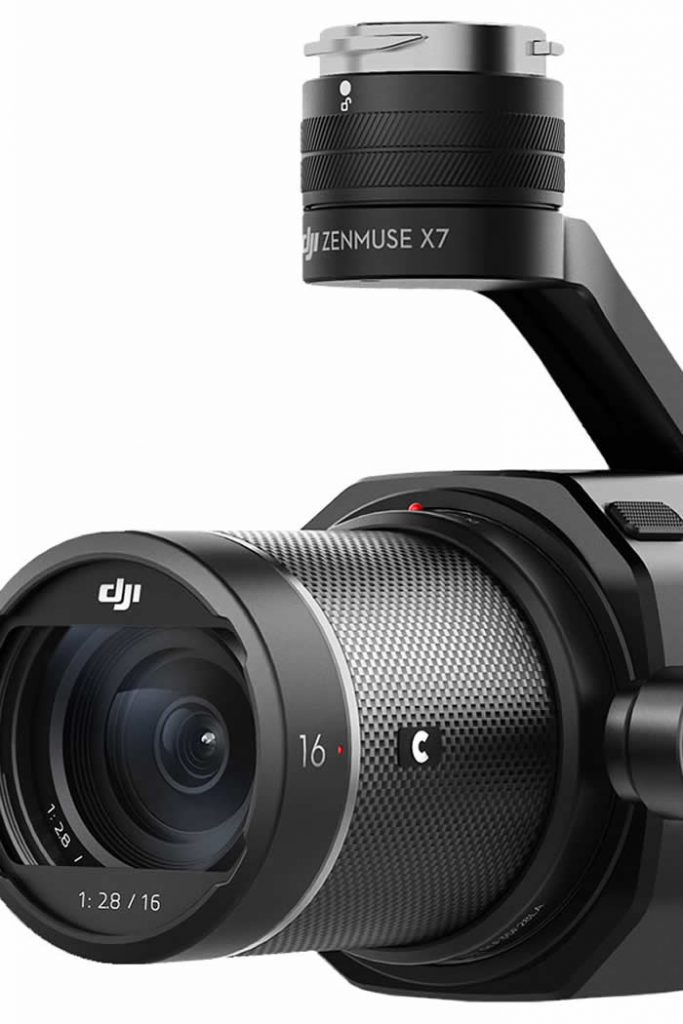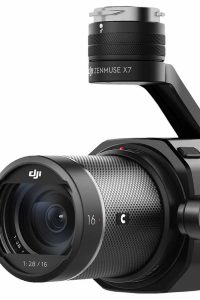Boasting what DJI claims to be the “highest image resolutions ever for an integrated drone camera,” the shooter can record 6K CinemaDNG RAW or 5.2K Apple ProRes footage at up to 30 fps. Well, those are definitely high resolutions, opening up an entire avenue for drone cinematography that was only previously available to pro-grade drones that can carry heavy cameras. If you don’t need to take videos that sharp, you can also shoot in 3.9K CinemaDNG and 2.7K ProRes at up to 60 fps.
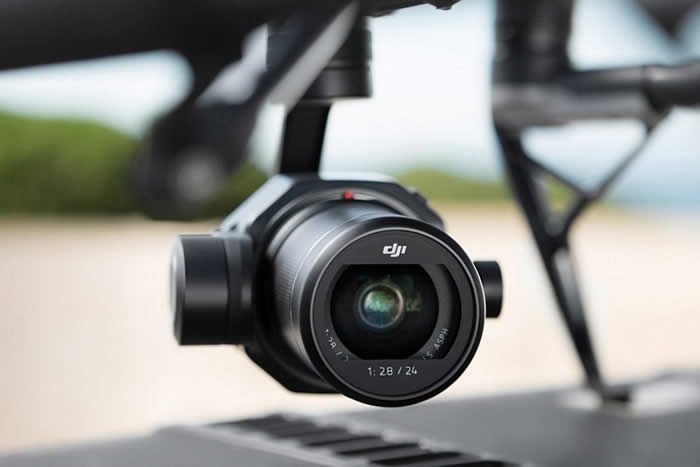
The DJI Zenmuse X7’s Super 35 imaging sensor comes with 14 stops of dynamic range, along with low-noise capabilities that allow it to shoot even in low-light scenarios. We’re not sure how well that translates to nighttime shooting, but we guess you’ll have a better chance of capturing decent views with this thing in tow. With such a wide dynamic range, though, it should be able to record high-contrast scenes without losing any of the details whether in the sky or on the ground. It comes with a new EI Mode that mimics the way film cameras work, automatically balancing the dynamic range and noise with different log curves to help it capture as much information to make your post-processing work just a little easier.
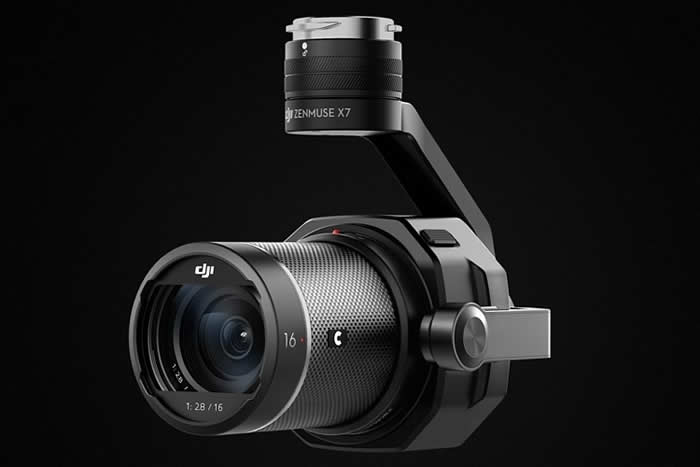
According to the outfit, they also improved their color science for this camera, as they worked directly with Technicolor to develop a new color system, which further extends the dynamic range and preserves more color information. Doing so should give content creators more flexibility in color options during the post-production process, all without sacrificing overall image quality. The DJI Zenmuse X7 is designed to work with the DJI Inspire 2, one of the most popular quadcopters in the outfit’s fleet.
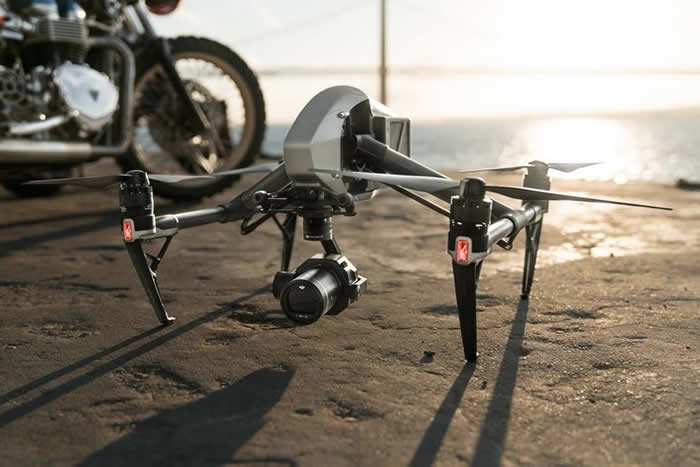
That should allow plenty of folks to be able to upgrade their drone camera without having to get an entirely new quadcopter. As with their other cameras, it comes with an integrated gimbal that should keep all your shots steady, regardless of how much the movement the drone performs while filming. It uses a new dedicated mount system that allows it to carry prime lenses in an optimal manner, making it easy to change up a shot based on what kind of footage you require. Four lenses are available for the camera, each of which has focal lengths of 16mm, 24mm, 35mm, and 50mm, respectively, while having a maximum aperture of F/2.8.
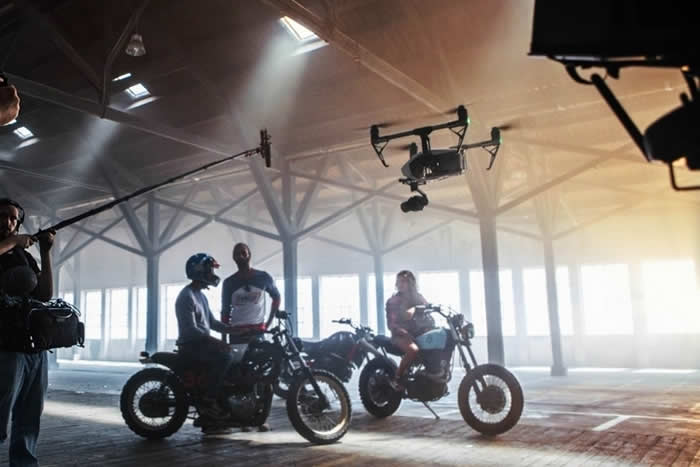
Each lens has been crafted with a carbon fiber body, ensuring lightweight and durable performance in the field. The 16mm lens, by the way, comes with a built-in ND filter, while the other three include a mechanical shutter. Being the first drone camera to offer the kind of features it does, it’s fair to expect the DJI Zenmuse X7 to be a tad on the expensive side. Fortunately, pricing isn’t that far off from their other cameras, with the rig going for $2,699 and the lenses going for $1,299 apiece, making this quite an attractive purchase.

